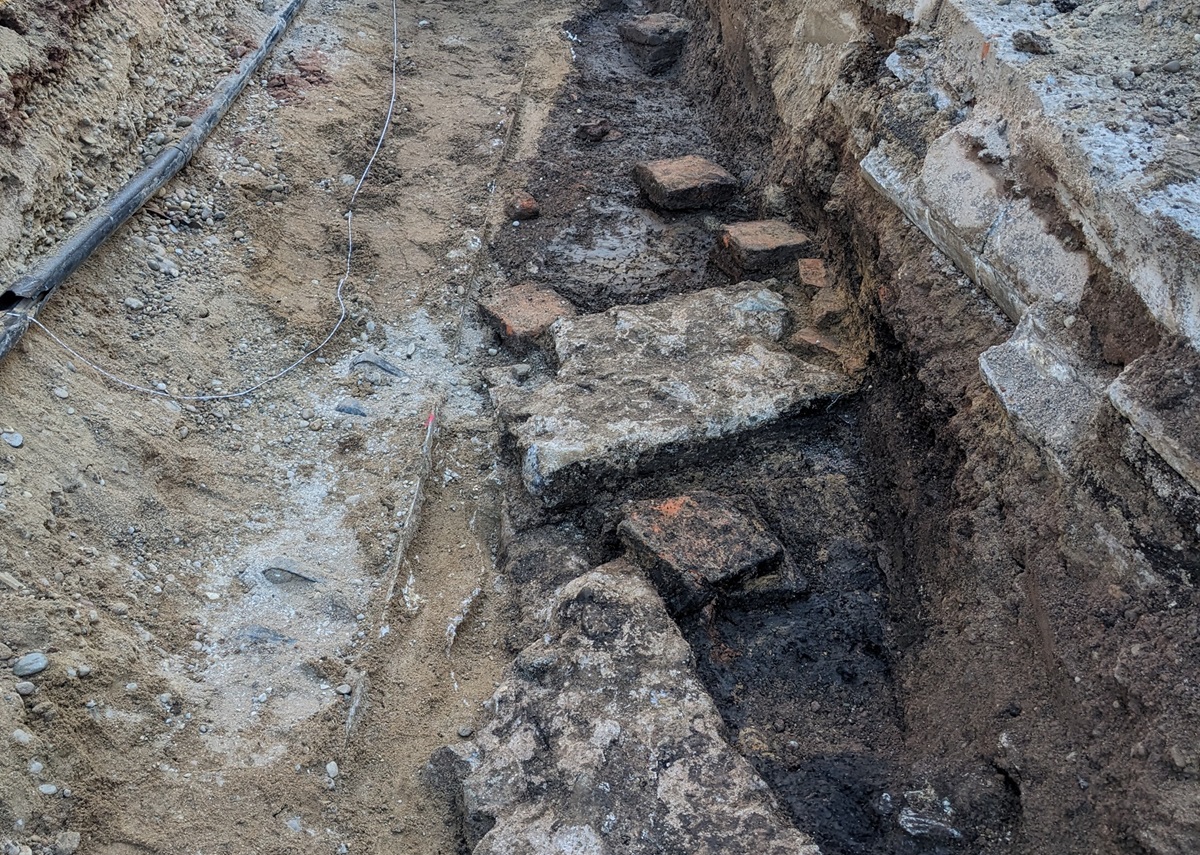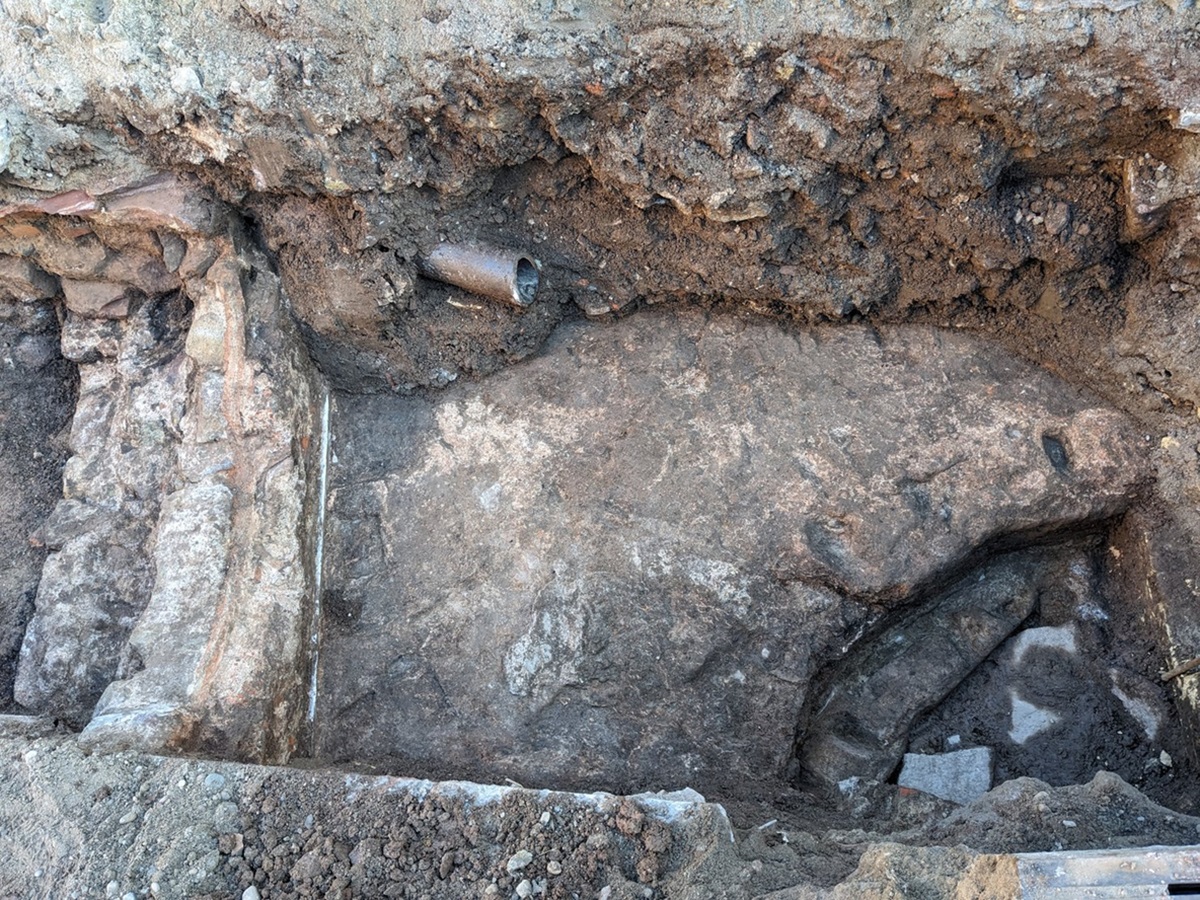Archaeologists from ArchaeoConnect and the State Office for Monument Preservation (LAD) have conducted a study of Baden-Baden’s Roman “Imperial Baths” for the first time in 180 years.
Situated beneath Baden-Baden’s market square and collegiate church, the baths—known in Roman times as Aurelia Aquensis (“Aurelia-of-the-Waters”) after Emperor M. Aurelius Severus Alexander Augustus—were among the largest bathing complexes in Baden-Württemberg.
Built over the Florentinerberg hot springs in the late 1st century AD, the baths harnessed the hot geothermal waters that rise from a depth of around 2,000 meters – the first verifiable use of thermal springs by humans in Baden-Baden.
Originally uncovered in the mid-19th century, excavations revealed multiple rooms and thermal pools, but only limited investigations have taken place until now.
While recent sewer renovations were underway, archaeologists from ArchaeoConnect used the opportunity to examine newly exposed sections of the complex in an area of 50 square metres.

Sarah Roth from LAD, said: “In 2024, the necessary replacement of water pipes in the market square area made it possible for the first time to gain archaeological insights on a meaningful scale in the area of the Imperial Baths.”
At a depth of just 1 metre, archaeologists found Roman period walls (some of which were not recorded in the 19th century excavations) and hypocaust bricks that indicate the presence of underfloor heating.
In an area where the largest known room in the complex was situated, the researchers found multi-phase screed layers used for cladding walls and floors in marble, as well as three preserved steps used by bathers to enter a pool nearly 2,000 years ago.
Alongside new insights into Aurelia Aquensis, the findings highlight significant damage to the ruins from past construction projects: “The construction of a branched tunnel system in the late 19th century and the laying of canals and pipes in recent decades repeatedly damaged and reduced the structural fabric of the Imperial Baths under the market square,” said Roth.
Header Image Credit : Sarah Roth – LAD
Sources : ArchaeoConnect





